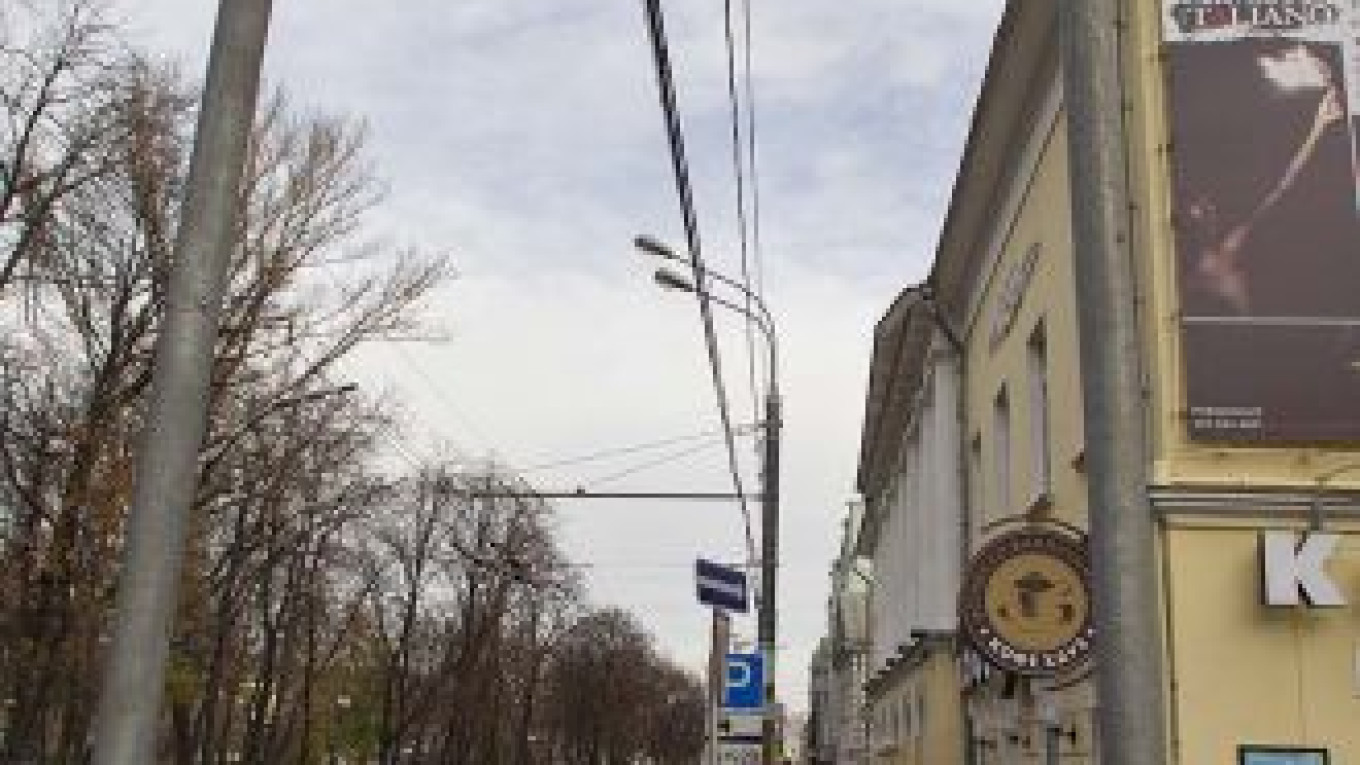City authorities have said paid parking will only be introduced within the city center, Vedomosti reported.
Initial plans to introduce paid parking within the 3rd Ring Road by 2015 will not be implemented, and only within the Boulevard Ring will car owners have to pay 50 rubles (close to $2) per hour starting from next month.
“We want to organize a system for the city center first, and then we’ll see,” Deputy Mayor Maxim Liksutov said in comments carried by Vedomosti on Monday.
Another City Hall official, who wished to remain anonymous, said authorities had scrapped their initial plans because they did not want to “stir up” city residents before mayoral elections in 2015.
The initial plans to introduce paid parking within the 3rd Ring Road were canceled, with paid parking limited to the Boulevard Ring.
Paid parking was introduced in several districts within the center last November, helping to increase traffic speed to 8 percent, according to Liksutov.
Moscow car owners will be able to choose whether to pay for parking by text message, a mobile phone app or by using a parking machine. There will also be the option of buying an annual pass costing 3,000 rubles ($100) for those living within the Boulevard Ring.
Authorities hope paid-parking initiatives will decrease the number of cars in the city center by a third by encouraging city residents use public transportation.
But Mikhail Kashtanov, a transportation analyst with the Geozhizn news portal, told Vedomosti that in order to eliminate traffic jams, paid parking should be introduced in areas with high congestion levels, irrespective of whether they were located within the Boulevard Ring or not.
n Lider, a company controlled by Yury Kovalchuk, could build Moscow’s first toll road, which is expected to run along Kutuzovsky Prospekt, Vedomosti reported, citing a construction industry source and Lider CEO Anatoly Gavrilenko.
Kovalchuk is reportedly a close associate of President Vladimir Putin.
A Message from The Moscow Times:
Dear readers,
We are facing unprecedented challenges. Russia's Prosecutor General's Office has designated The Moscow Times as an "undesirable" organization, criminalizing our work and putting our staff at risk of prosecution. This follows our earlier unjust labeling as a "foreign agent."
These actions are direct attempts to silence independent journalism in Russia. The authorities claim our work "discredits the decisions of the Russian leadership." We see things differently: we strive to provide accurate, unbiased reporting on Russia.
We, the journalists of The Moscow Times, refuse to be silenced. But to continue our work, we need your help.
Your support, no matter how small, makes a world of difference. If you can, please support us monthly starting from just $2. It's quick to set up, and every contribution makes a significant impact.
By supporting The Moscow Times, you're defending open, independent journalism in the face of repression. Thank you for standing with us.
Remind me later.


